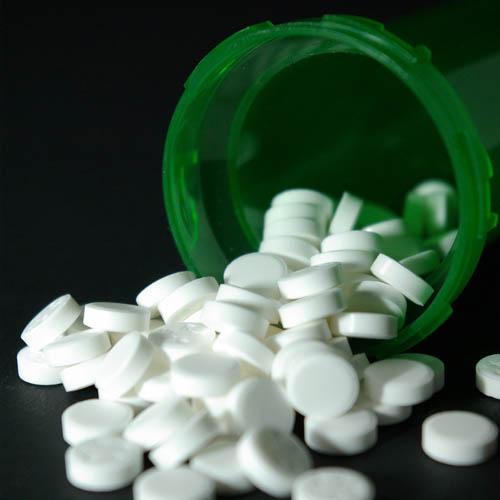Mooncakes, as a symbol of the Mid-Autumn Festival, carry the wishes of reunion and happiness, deeply loved by Chinese people around the world. They have become an indispensable delicacy for exchanging gifts with relatives and friends and for family banquets during the festival. When purchasing mooncakes, it is recommended to go to large supermarkets or reputable sales points and keep the purchase receipts. Carefully inspect the integrity of the mooncake packaging, and it is vital to read the information on the labels including the ingredients, nutritional content, production date, and expiration date. For bulk mooncakes, pay attention to the cleanliness of the storage containers, and avoid buying products that have changed color, have peculiar odors, are expired, or have unclear origins.
When storing mooncakes, one should be aware of their intolerance to heat and moisture, so long-term storage is not advisable. The best practice is to buy as needed. If already opened but not finished, follow the packaging instructions to refrigerate properly or store in a cool and ventilated place, keeping them separated from other foods to avoid flavor transfer.
With the improvement of living standards, homemade mooncakes are becoming increasingly popular, utilizing various ingredients such as seafood, cheese, shredded meat, nuts, and potatoes, adding not only family fun but also personalized flavors. The homemade process should focus on using fresh ingredients, ensuring that utensils for preparation are separate from those for raw food to prevent contamination, while also ensuring sufficient baking time for sterilization purposes.
When consuming mooncakes, proper pairing and portion control are equally crucial. For example, when enjoying both savory and sweet mooncakes, it is advisable to have the savory one first. Opt for hot drinks instead of cold beverages to aid digestion and absorption. Due to the high fat and sugar content in mooncakes, excessive consumption may cause gastrointestinal discomfort, especially for the elderly, children, and individuals with weaker digestive systems, they should eat in moderation. Special groups such as diabetes patients, obese individuals, cardiovascular disease patients, gastrointestinal disease patients, and liver disease recovery individuals should be more cautious in controlling their intake to avoid health risks.


